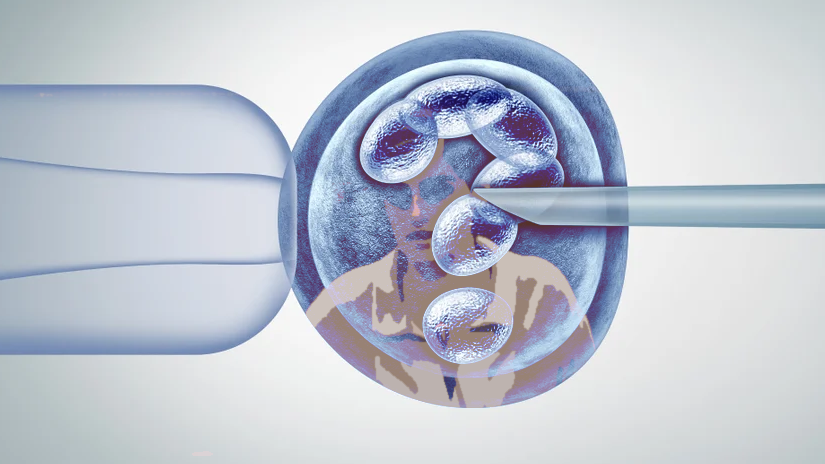
On fathers and patriarchs
Can a boy who grows up in a patriarchal setting ever become a good father?
Boys who grow up and are socialized in an environment dominated by the patriarchy and where misogyny is the norm have little chance of becoming good fathers.

Shqipe Gjocaj
Shqipe Gjocaj is a feminist activist, gender specialist, and an independent journalist. She is a regular contributor to Prishtina Insight where she writes on gender issues and human rights. Her articles have also been published in Kosovo2.0, sbunker, and Reuters. Shqipe Gjocaj works with non-governmental organizations on projects related to the same issues. In 2017, she took part in the Balkan Fellowship for Journalistic Excellence. Shqipe is a K2.0 Human Rights Journalism Fellowship program fellow (2019 cycle).
DISCLAIMERThe views of the writer do not necessarily reflect the views of Kosovo 2.0.
This story was originally written in English.